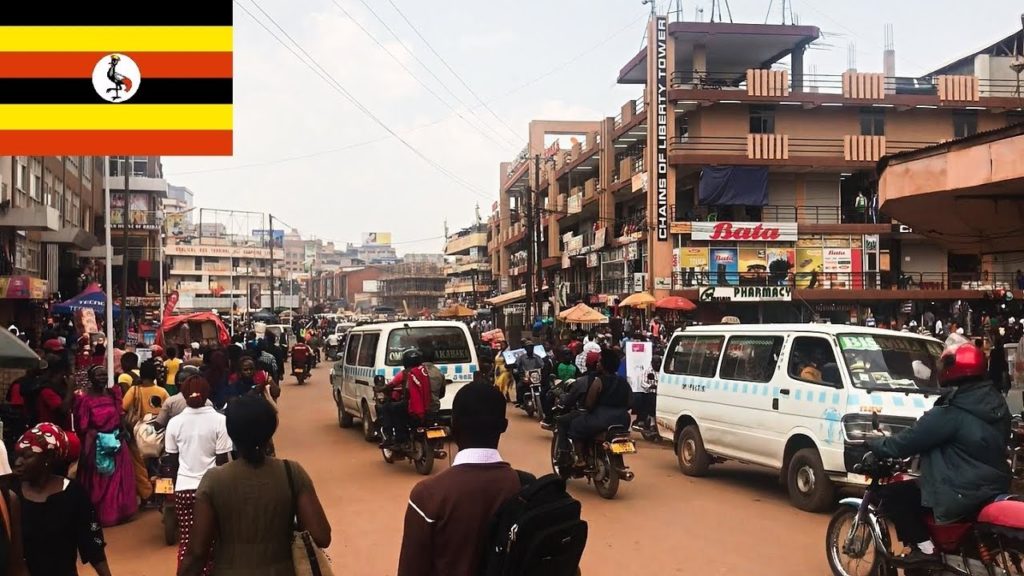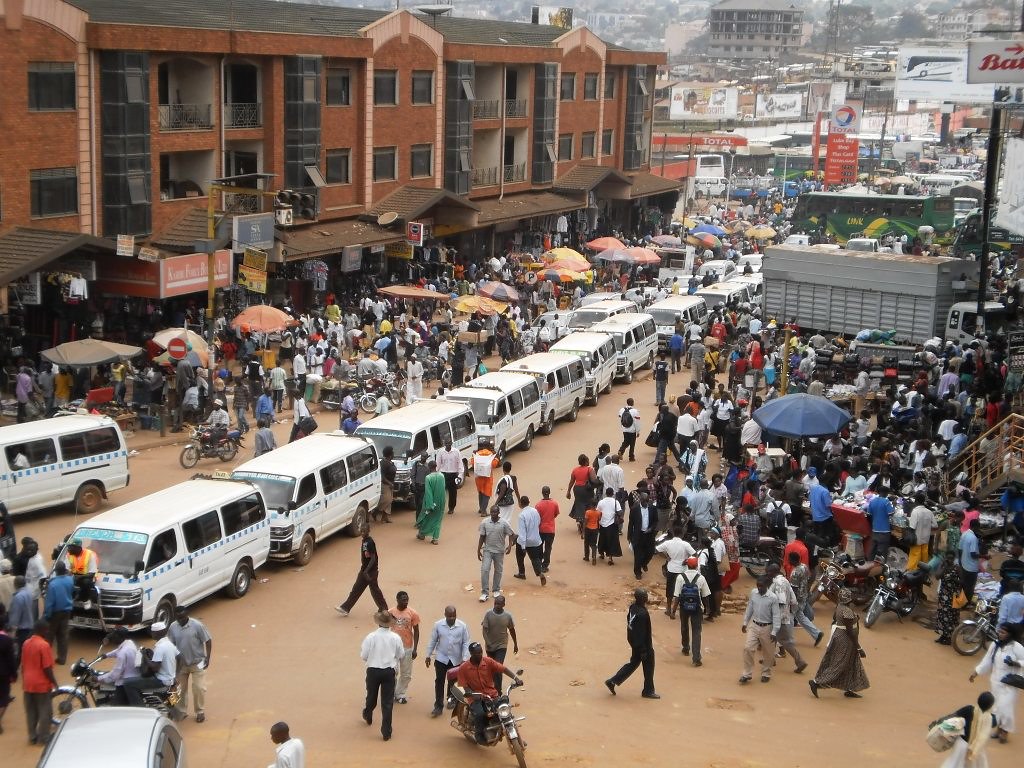This week, the question on my mind is how much of a city we really experience as expatriate workers. I’ve been thinking around this question since Cindy talked about “authentic” travel experiences last week.
Are travel and tech experiences “authentic” if we fold our sleeves and explore the nooks and corners of new cities? Or are we still due our nomad badges even if our experiences in places like Afghanistan are from a protected house and office?
I don’t have any of the answers yet, but this week, *Edith, a teacher who has done a lot of traveling shares her experience.
Edith was born and raised in East London and says that her love for travel comes from her childhood experiences. “I suppose I like travelling because I grew up in a multicultural area and I’m interested in different places and cultures,” she tells me
My note: One-third of all Londoners are foreign-born, and over 200 languages are spoken throughout its many streets and neighbourhoods.
She shares a timeline to her travels. “I first went to Uganda in 2007 with a friend who was Ugandan. We stayed for one month. We loved it so much we went back after two months for another month. After that I visited almost every year until I moved there in 2014.”
She says her love for travel influenced her decision to become a teacher. For her, being a teacher means that you can work from anywhere in the world.
So her first stop for work on the continent was Uganda, but the offer didn’t drop in her lap. “I kept asking the school principal for a job for like 3 years before he finally said he would give me an interview and I got the job.”
In 2014, she packed her bags and moved to Uganda. Uganda’s principal international airport is near the town of Entebbe, and is some distance from the capital, Kampala.
What’s the first thing you want to do when you’re in a new country? For a lot of people, buying a SIM card is right up there.
“In 2007, SIM cards could easily be bought anywhere but in 2014 onwards, you needed to be registered. I do believe there is a place outside the airport doors to register a SIM.”
The Entebbe airport is small, but organised and is a “40-minute drive or 3-hour depending on the traffic situation.”
Living in Kampala
“I loved living in Kampala. During the time I spent in Kampala on holidays, my friends were all Ugandan/Lebanese so I got to know all the local places very well. But when I moved there I made friends with other expats that I worked with so the scene was very different.”
Edith’s note: Kampala is within reach of so many wonderful places like Bujumbura, Kigali and Nairobi. I would go on road trips all the time. The night life is fantastic, Ugandans are proper party animals.
In Kampala, Boda boda’s are the primary means of transportation and ride-hailing services did not arrive until 2016.
“In the time I lived there, they did have yellow taxi and private taxi and also matatu which is the danfo bus.”

While transportation is organised, Edith says the shopping process was “not good” and that food items are expensive. But to pay for anything in the country, she had to open a bank account and she also used mobile money.
“I had a Stanbic account and sometimes I also used my UK ATM card there. Mobile money is also a big thing because they don’t do instant transfers.”
My note: Mobile money services in Uganda began in 2009. Today, four in ten adults in Uganda have mobile money accounts.
While mobile money was reliable, the internet service was not. “At my job I used the internet there, I didn’t take work home with me and while I honestly don’t remember the cost of the internet, I remember that the internet service wasn’t great.”
After two years in Kampala, Edith knew she needed a new start outside of Uganda and she had her sights set on Ghana or Thailand.
Eventually, she received offers from Abuja, Mexico and Thailand and she decided to move to Abuja, Nigeria’s capital city.
Edith’s anecdote: I never planned to move to Nigeria but my housemate and I used to watch MTV and Nigeria looked really cool. Of my three job offers, Mexico presented a language challenge, the area in Thailand didn’t seem good so I picked Abuja.
Living in Abuja
“I lived in Utako and unlike Kampala, the power situation was terrible. There was always noise from the generator and shopping was terrible. There were no opportunities for little road trips except the dam and the falls which are far.”
While Kampala is mostly divided into the busy downtown and quiet leafy suburbs, most parts of Abuja are quiet and have an efficiency which may seem soulless.
“Kampala is lively, you can always hear music and people but in Abuja everything is behind compound gates.”
Edith says she was largely dissatisfied with Abuja and in 2018, she took an interesting opportunity to move to Lagos, which she believes is better than Abuja even though she faces some of the same problems.
“I took boda bodas everywhere in Kampala but I can’t do that in Lagos because it’s confusing trying to figure out where they’re allowed and where they are not.”
She also notes that in Nigeria, people are not “foreigner friendly.” “I wouldn’t try to bargain here.”
One thing she definitely didn’t bargain for was her dance with Nigerian banks. She says her experience with Nigerian banks has been painful.
“I didn’t open an account until it was unavoidable. I then waited over 3 months for my ATM card. I can’t use the bank app because they misspelled my email. There were some other issues.”
But it’s not all bad, as she says Lagos is a city she can enjoy on holiday with a lot of money. As we round up our conversation, we talk about her internet provider.which she says is “pretty rubbish and expensive.”
“It’s also expensive compared to the UK. In the UK, I pay about 30 pounds for unlimited broadband per month.”
In the end, where’s next for Edith, who has been to more African cities than most Africans and where does she rate these cities for tech experiences on a scale of 1-10?
Kampala gets a 7.8, Abuja gets a “generous 4” and Lagos gets a 5.
“Outside these cities, the nicest African city minus South African and North Africa is by far Kigali. It’s very clean, safe and functional.”




















